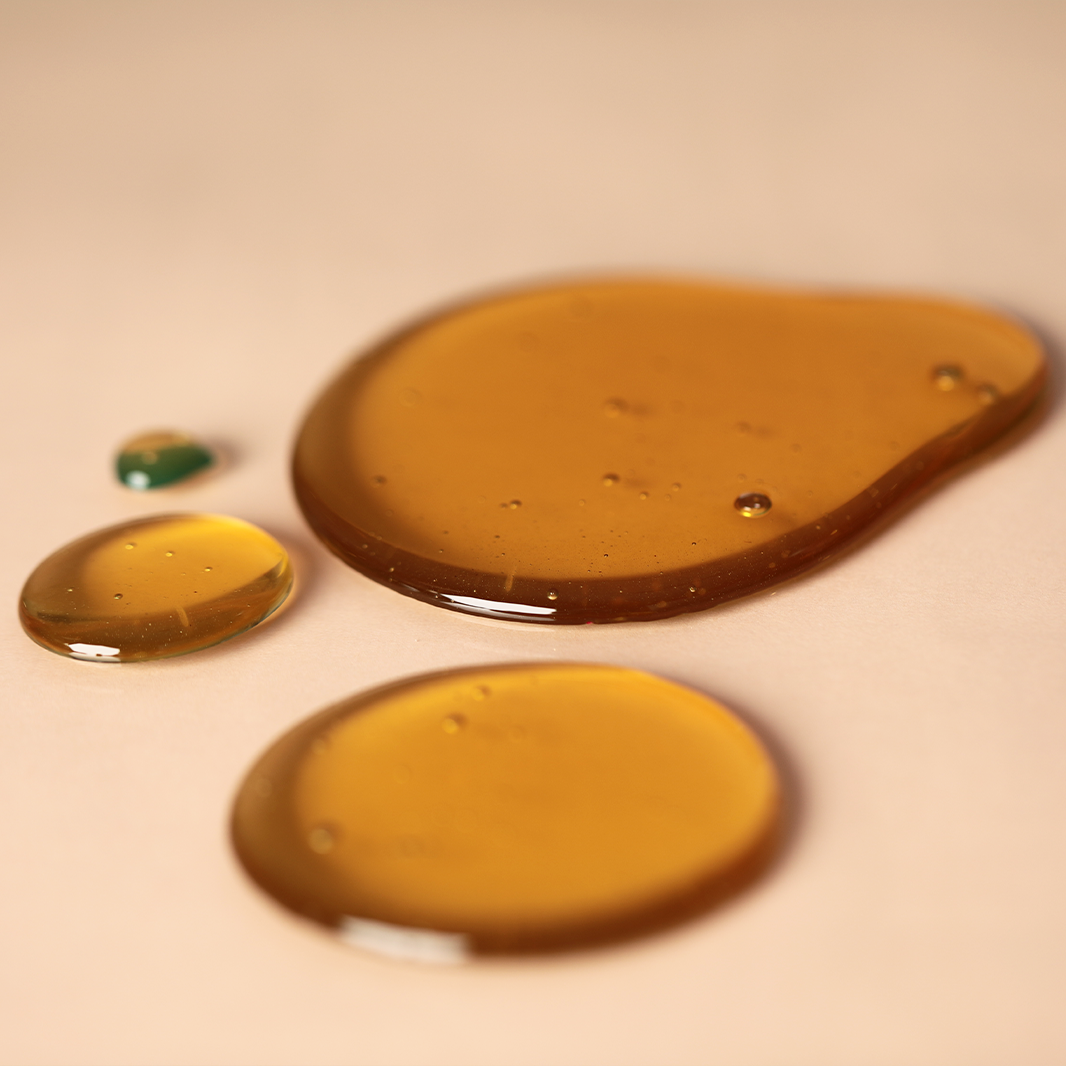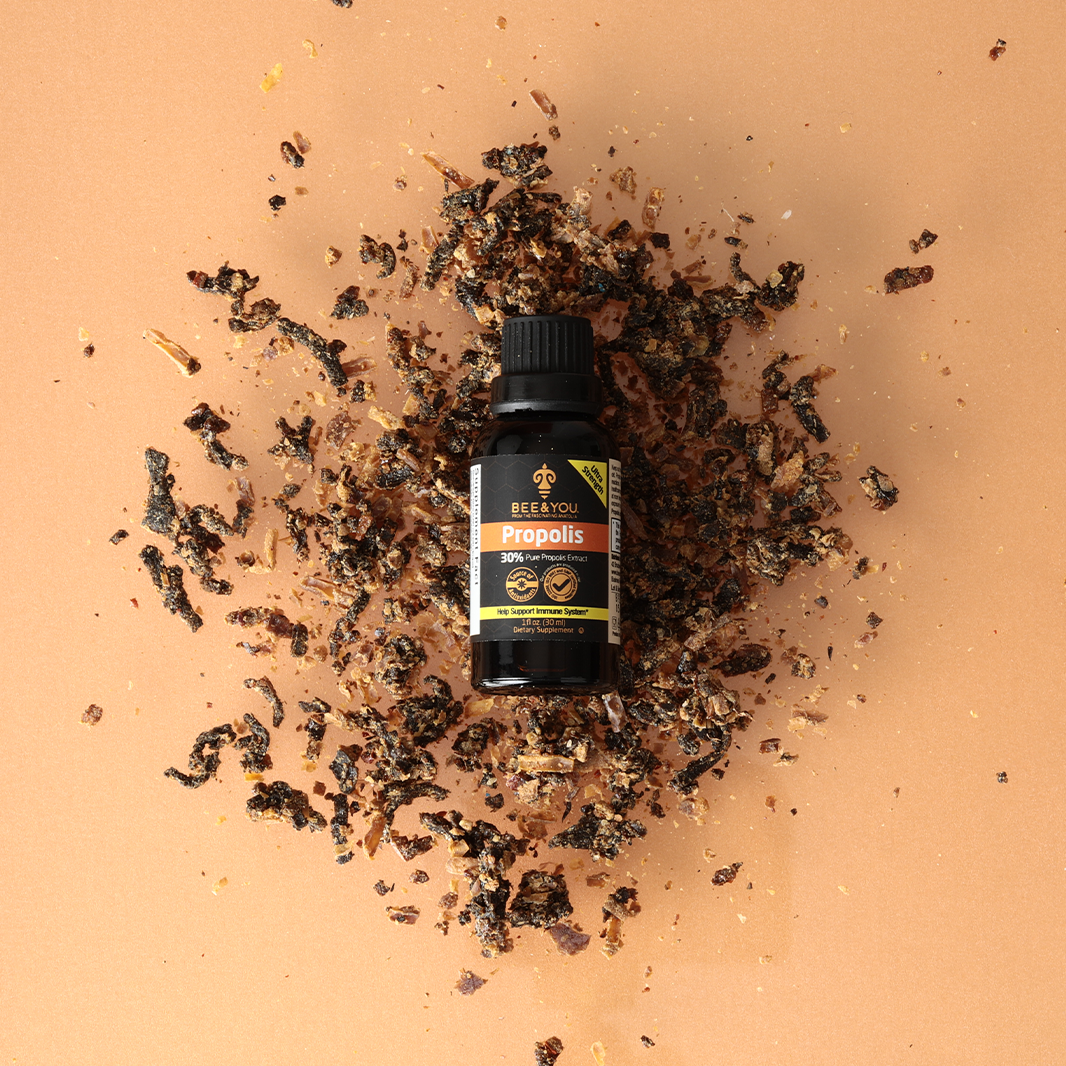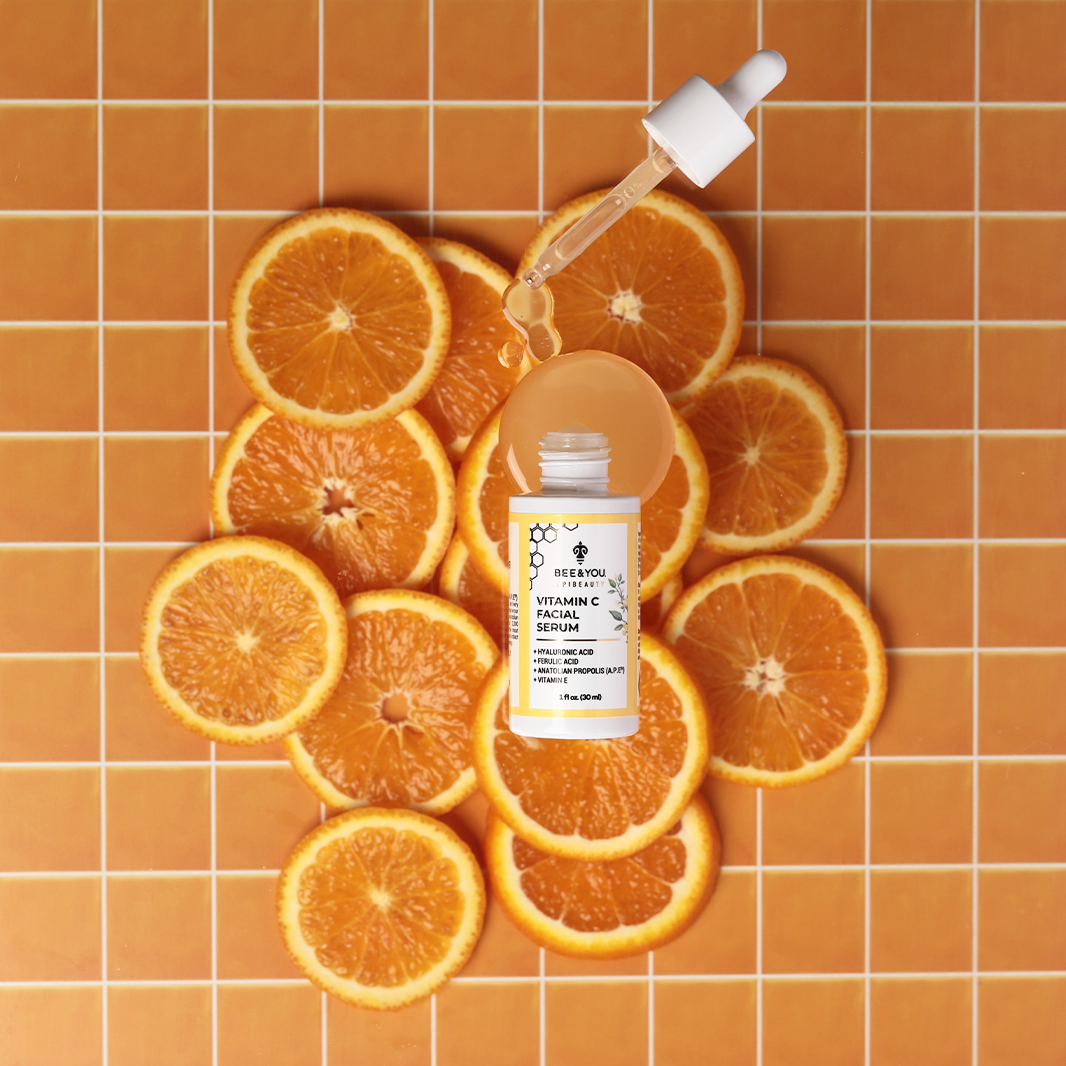When it comes to bee products, honey is the first thing that comes to mind. However, it is the least significant product that comes out of a hive. Honeybees offer much more complex and nutritionally dense foods, but they are rare to come by. One such bee product is propolis.
The word is composed of "pro" and "polis," which translates to "front" and "city," respectively. This is a reference to the fact that propolis is a colony's first line of defense against pathogens. It is a sticky, resinous plant material collected by bees to cover their hive to prevent microbes from penetrating. It is very rich in antioxidants and thus effective against bacterial, viral, and fungal infections. Other than its immune-boosting effects, propolis is also found to be very effective to maintain healthy blood sugar levels.
Research published in 2015 by Zhejiang University investigated the effects of ethanol and water extracts of propolis collected from North China on blood glucose, blood lipid, and free radicals in rats with diabetes mellitus.
The results showed that propolis decreased the levels of blood glucose, total cholesterol, triglycerides, low-density lipoprotein cholesterol, and very low-density lipoprotein cholesterol in the serum of fasting rats.
Reference
Fuliang, H.U., Hepburn, H.R., Xuan, H., Chen, M., Daya, S.Radloff, S.E. Effects of propolis on blood glucose, blood lipid and free radicals in rats with diabetes mellitus. Pharmacological Research 51(2): 147-152.






